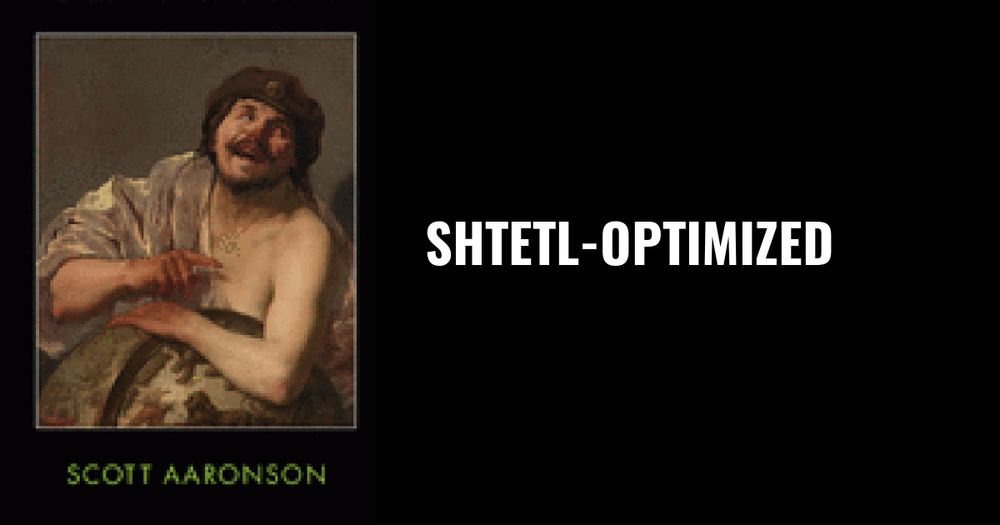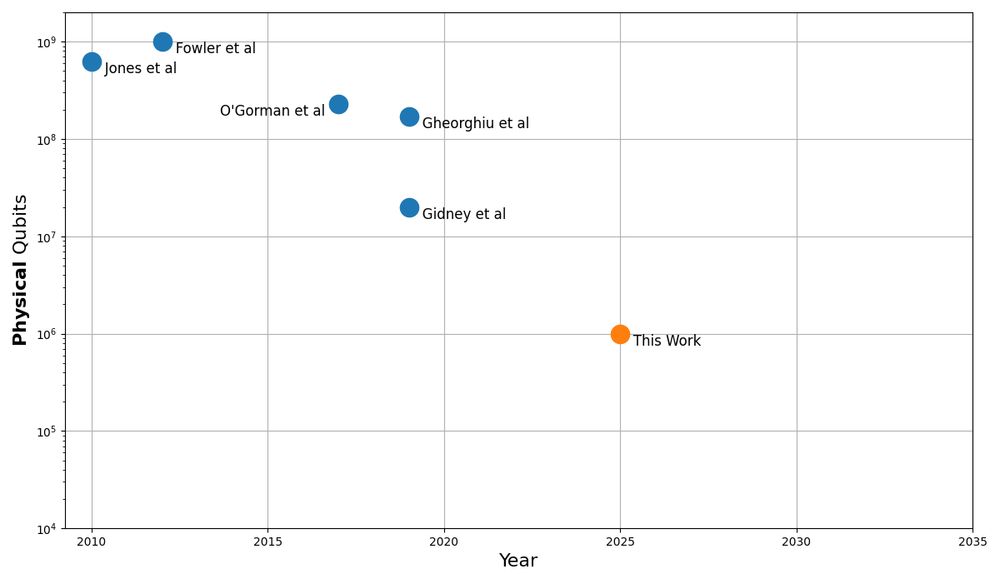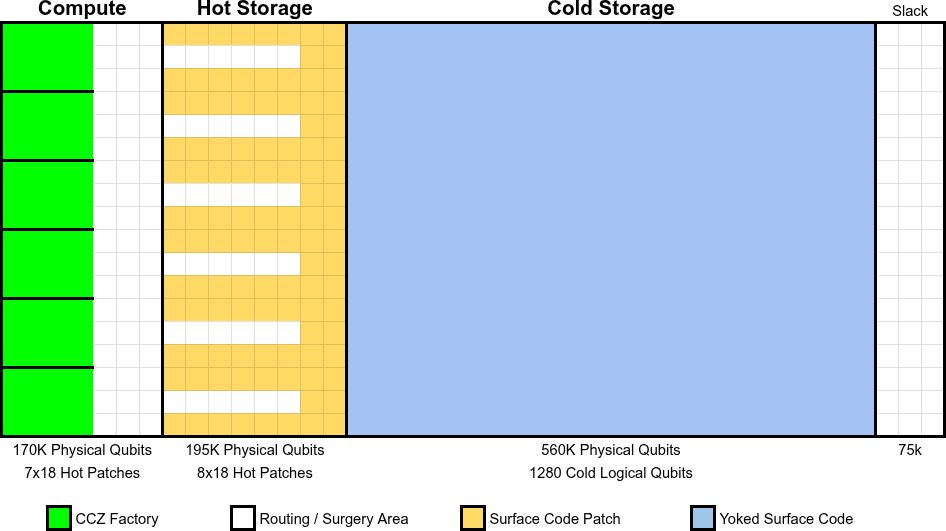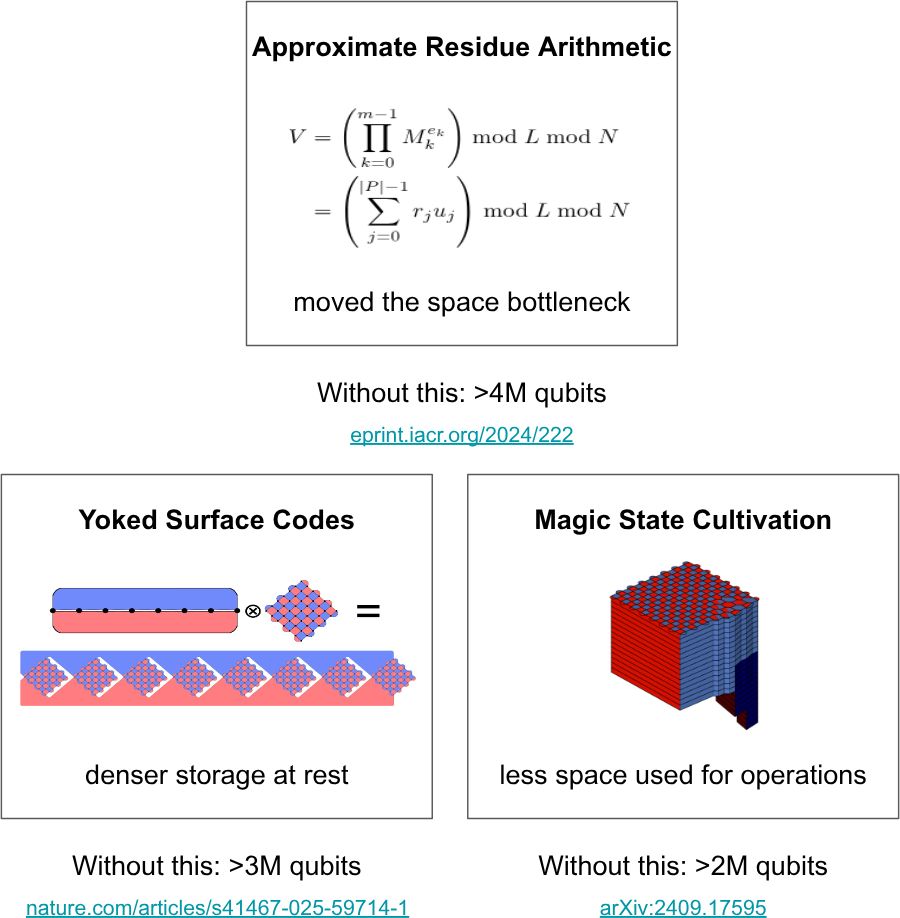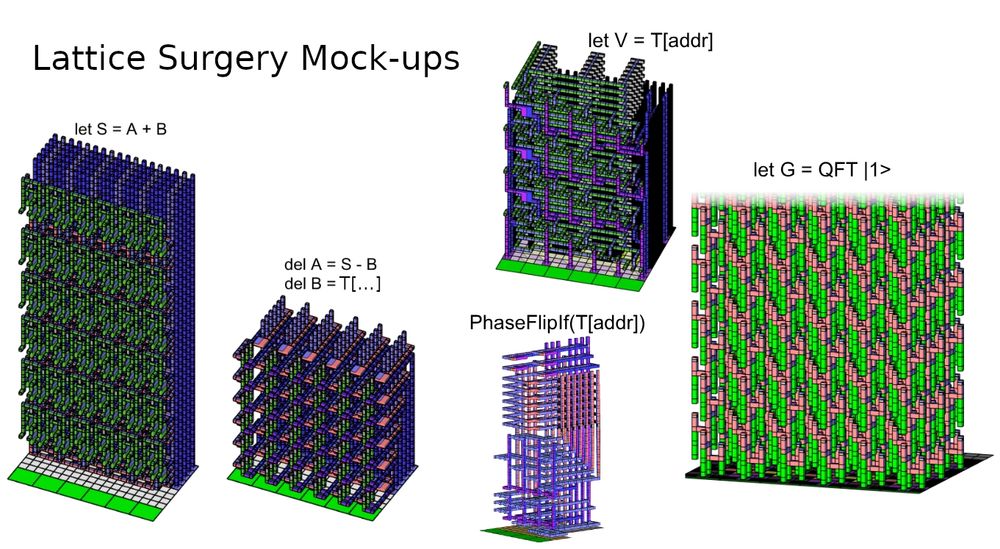
Overview of RL control. (a) Hierarchy of the
feedback loops in control of an error-corrected quantum system. The low-level loop with analog control and readout signals (purple) occurs on a time scale of one QEC cycle; the
logical algorithm’s digital feedback loop (green) occurs on a
time scale of the decoding latency; the learning feedback loop
(pink), presented in this work, is not synchronized with the
lower levels, and occurs on a time scale determined by the relevant system drift. The indicated time scales are characteristic
of superconducting circuits quantum computing platform.(b) A small space-time chunk of the QEC circuit for the repetition code, highlighting two overlapping detecting regions.(c) One iteration of the learning process. In each epoch, a
batch of control policy candidates is sampled from the policy distribution. A certain number of QEC cycles is executed
with each policy candidate (shades of red and blue). The
acquired QEC data is used to compute rewards by estimating error detection rates for each detector. This information,
indicating the relative performance of each policy candidate,
is converted by the learning algorithm into a small gradient
step of the policy distribution. Then, a new batch of policy
candidates is sampled and the process repeats.
We taught a quantum computer to learn from its own mistakes-- without stopping.
Our RL framework repurposes QEC detection events as learning signals to stabilize the system.
Result: Improved Logical Error Rates for both Surface and Color codes on Willow!
see arxiv: arxiv.org/abs/2511.08493
12.11.2025 04:44 — 👍 14 🔁 3 💬 1 📌 0
Great work worth a read if you work on superconducting circuit with flux control!
08.11.2025 16:52 — 👍 5 🔁 0 💬 0 📌 0
This weekend I tried another home experiment for my toddler. This one was suggested to me by none other than Michel Devoret!
It’s pretty cool. But I was more excited than the kid 😅
03.11.2025 01:32 — 👍 17 🔁 0 💬 2 📌 0

Are you a computer scientist and don't know what an OTOC is, but want to understand the problem solved in the recent Nature paper by Google Quantum AI? We wrote a 2-page note that explains the motivation and presents a simplified version of the problem for any input size.
scirate.com/arxiv/2510.1...
23.10.2025 02:58 — 👍 32 🔁 4 💬 0 📌 0

Quantum tunneling: URochester physicist explains a Nobel Prize–winning discovery
Machiel Blok’s research in superconducting circuits builds on the quantum tunneling effects recognized by the 2025 Nobel Prize in Physics.
The same quantum tunneling honored by this year’s #NobelPrize is driving #URochesterResearch
@machielblok.bsky.social is building quantum systems that do what classical computers can’t—inspired by the same fundamental questions
uofr.us/48o7I0K
#QuantumPhysics #QuantumComputing
09.10.2025 13:44 — 👍 5 🔁 3 💬 0 📌 1
Well, so much for my post about learning something new this Nobel week! The Physics prize went to J. Clarke, M. Devoret, and J. Martinis, the pioneers of my own field, superconducting circuits. An absolutely foundational work, and so well-deserved.
www.nobelprize.org/prizes/physi...
07.10.2025 15:46 — 👍 15 🔁 1 💬 0 📌 0
Nobel Prize week is almost here. I enjoy the predictions, but the real highlight for me is the forced exposure to science outside my field. It’s the one week I get a proper dive into research I’d otherwise miss.
05.10.2025 20:55 — 👍 2 🔁 0 💬 2 📌 1
With my son, we played with vegetal oil, baking powder and vinegar colored in blue. The effect was really cool!
28.09.2025 22:08 — 👍 4 🔁 0 💬 0 📌 0

Blog post: "Actually, you can't test if quantum uses complex numbers" algassert.com/post/2501
I doom the concept of that 2021 Nature paper by showing how to compile any distributed quantum protocol into real-only gates while preserving locality.
15.09.2025 04:20 — 👍 65 🔁 11 💬 5 📌 1

This work started w/ my struggle to understand fault-tolerant cluster states, and in particular why they always magically implement the same QEC problem as non-MBQC circuits. Understanding this correspondence as chain complex equivalence finally solved it for me, and I hope for other people too :)
13.09.2025 11:05 — 👍 6 🔁 1 💬 1 📌 1
Why haven't quantum computers factored 21 yet?
Craig Gidney's computer science blog
Been awhile since I wrote a blog post.
Anyways... why haven't quantum computers factored 21 yet?
algassert.com/post/2500
31.08.2025 00:21 — 👍 65 🔁 13 💬 5 📌 4
QEC25
The QEC25 conference hosted by @yaleqi.bsky.social was really excellent, and videos of all talks are available. So much recent progress on quantum error correction!
qec25.yalepages.org
17.08.2025 17:32 — 👍 26 🔁 7 💬 1 📌 0
Amazing !! Thank you!
Congratulation on the manuscript!
23.08.2025 16:59 — 👍 1 🔁 0 💬 0 📌 0

QED25 - Int'l Quantum Conf; Day 1, Recording 2
The recording of my talk on the Implementing the surface code using dynamic circuits at QEC2025 is available online!
yale.hosted.panopto.com/Panopto/Page...
18.08.2025 03:33 — 👍 1 🔁 0 💬 0 📌 0
I will be at the #QEC25 conference at Yale this week! I will be giving a talk on our work on dynamic implementation of the surface code on Monday
10.08.2025 15:26 — 👍 5 🔁 0 💬 0 📌 0
Let’s be honest. It’s hard to beat the Surface code!
15.05.2025 01:29 — 👍 2 🔁 0 💬 0 📌 0
Detecting region with ZX calculus!
04.05.2025 20:11 — 👍 1 🔁 0 💬 0 📌 0
Now, if you ask the question the other way of how many circuit constructions would do that, there might be only this one?
25.04.2025 05:04 — 👍 0 🔁 0 💬 0 📌 0
My guess as to why the 3-coupler wasn't discovered before is that it shifts around the flavor of the stabilizers.
If you look at the stabilizer at the end of the cycles, for a given measurement qubit in the bulk, the color changes every other round. The 'ear' of the surface code patch shifts a bit.
25.04.2025 05:03 — 👍 1 🔁 0 💬 1 📌 0

Tomorrow I'm giving a zoom talk on magic state cultivation at the Simons quantum Colloquium.
Apr 8, 10am PST, see simons.berkeley.edu/programs-eve...
Cultivation is the (current) culmination of a decade of work ending the reign of T gates as the dominant cost in fault tolerant quantum computation.
07.04.2025 17:30 — 👍 30 🔁 3 💬 3 📌 1
Largest factorization done on a quantum computer.
Joke aside. That is an extremely instructive work!
02.04.2025 02:23 — 👍 3 🔁 0 💬 0 📌 0
In 1h (9am PST or 5pm CET) I will give a talk at the QASAR seminar hosted by @vasmer.bsky.social and @christophe.vuillot.info . I will present our work on implementing 3coupler, walking and iSWAP surface codes!
26.03.2025 15:05 — 👍 3 🔁 1 💬 0 📌 0
I really enjoyed the MM session on early history of quantum information. It was really uplifting to listen to.
I really love old lab notes, notes and written mails communications from these days. Look way more fun than emails and chat messages we have these days
22.03.2025 21:37 — 👍 8 🔁 0 💬 0 📌 0
Journaliste scientifique 🦖
Parle de sciences très (très) tôt le matin sur France Culture
Le midi dans le Mag de la Santé sur France 5
et parfois tard dans Scope sur le twitch d’Arte 🔬
Writer at Nature magazine, covering physical sciences, technology, mathematics, and energy. DMs are disabled courtesy of the UK's so-called Online Safety Act
I'm trying to build a quantum computer in sunny Los Angeles, CA, USA.
I like discussing other people's research papers and ideas. As always, any insights should be credited to the authors themselves, and any misconceptions to me alone.
Quantum computing, algorithms and machine learning at Google DeepMind. Opinions are my own.
Postdoc at Inria Paris, former PhD student at ETH Zurich. Doing things in quantum info theory, computing and error correction.
PhD student @ USTC. I expect to graduate in 2026 and am looking for a postdoc or research position on fault-tolerant quantum computation.
Fluxonium enthusiast, current #PhD at Schusterlab (formerly at Google, UChicago, IonQ, and Yale), broad reader, lifelong learner, eternal dreamer, cat dad. https://chunyangding.com
Chief Scientist at Quantinuum, ex Oxford Professor, author of Picturing Quantum Processes & Quantum in Pictures. Also, composer/musician at Black Tish, inventor of Quantum Guitar, playing duets with orchestral organ.
MIT Physics PhD in Quantum Computing
IBM Quantum Research Intern
Previously Foxconn Research and Cambridge Maths
https://sites.google.com/view/adamwillsquantum/
Quantum Error Correction | Quantum Software Lab | University of Edinburgh
Homepage: https://roffe.eu
Ph.D. candidate in Quantum Error Correction @ Duke University. Built github.com/planqtn for quantum LEGO. Xoogler at Google Quantum AI. Previously software engineer/craftsman for 15 years.
A team of #QuantumErrorCorrection (QEC) experts, helping quantum computers scale and tackle errors across qubit types 🧪
www.riverlane.com
Post-doctoral Researcher @ICFO. Foundations of quantum information.
Auteur de "De l'autre côté du miroir quantique" (Dunod, Avril 2025).
PhD student at UC Berkeley / Quantum Nanoelectronics Laboratory
Computer history. Reverse-engineering old chips. Restored Apollo Guidance Computer, Alto. Ex-Google, Sun, Msft. So-called boffin.
Google Quantum AI | Ex-Team Lead, IBM Quantum | MIT TR35 | Founder, Open Labs | Board, Yale Alumni Assoc | Yale PhD
Bringing mankind into the quantum world






